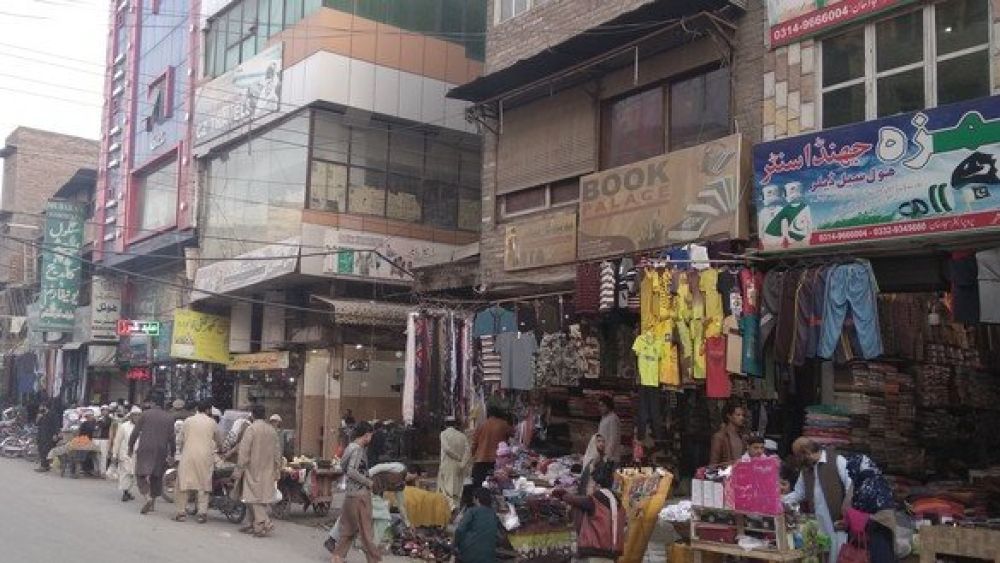

Qissa Khwani Bazaar in Peshawar, Pakistan, carries a deep historical significance that is intertwined with the region’s rich tapestry of cultures and traditions. The name Qissa Khwani literally translates to 'the market of the storytellers.' This moniker harks back to the days when the bazaar was not only a hub for trade and commerce but also a gathering place where merchants and travelers from different regions would share tales of their adventures and experiences.
The Qissa Khwani Bazaar has been a significant spot for centuries, acting as a key trading point along the historic Silk Road. The Bazaar has welcomed countless traders, pilgrims, and explorers journeying between the Middle East, Central Asia, and the Indian Subcontinent. Its prominence grew during the Mughal era and continued through British rule in the Indian subcontinent, making it a melting pot of various cultures, languages, and religions.
Tourism in Qissa Khwani Bazaar began during the British Raj when the region started to gain prominence as an exotic locale for Western travelers seeking the mystique of the East. The bazaar's charm was further popularized by British soldiers and colonial administrators who would visit to experience local culture and to purchase regional handicrafts.
After Pakistan’s independence in 1947, Qissa Khwani Bazaar continued to be a fascinating destination for both local and international tourists. The ancient stories, held within the walls of its old tea houses and the traditionally crafted merchandise, are significant tourism draws. Visitors flock to the bazaar to immerse themselves in a rich historical ambiance that remains alive amidst the modern shops and bustling trade.
The architecture of Qissa Khwani Bazaar stands as a homage to the region's history. The narrow alleys and grand havelis (traditional, ornate mansions) decorated with intricate woodwork and balconies reflect the Mughal and Persian influences. Still, the bazaar retains remnants of its storied past with some of the oldest tea houses in Pakistan where the traditional green tea, also known as kahwa, is served.
As global tourism evolves, Qissa Khwani Bazaar has seen a shift toward cultural and heritage tourism. Travelers are increasingly interested in authentic experiences, which has led to a revival of interest in the bazaar’s historic sites. Visitors are seeking more than just souvenirs; they are looking for enrichment through exposure to local storytelling, traditional foods, and artisanal crafts that the bazaar is renowned for.
Efforts have been made to preserve the cultural identity and heritage of the Bazaar while adapting to the needs of modern tourism. This includes the preservation of historic sites and the provision of informational plaques and guided tours that share insights into the bazaar's storied past.
Looking ahead, continued emphasis on sustainable tourism and cultural preservation is expected to keep Qissa Khwani Bazaar on the itinerary of cultural enthusiasts around the world. With increased digital visibility and engagement, the bazaar's allure is reaching new audiences, ensuring that the tales of the legendary storytellers live on through the voices of modern-day narrators and the footsteps of visiting travelers.